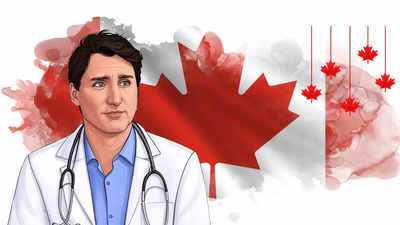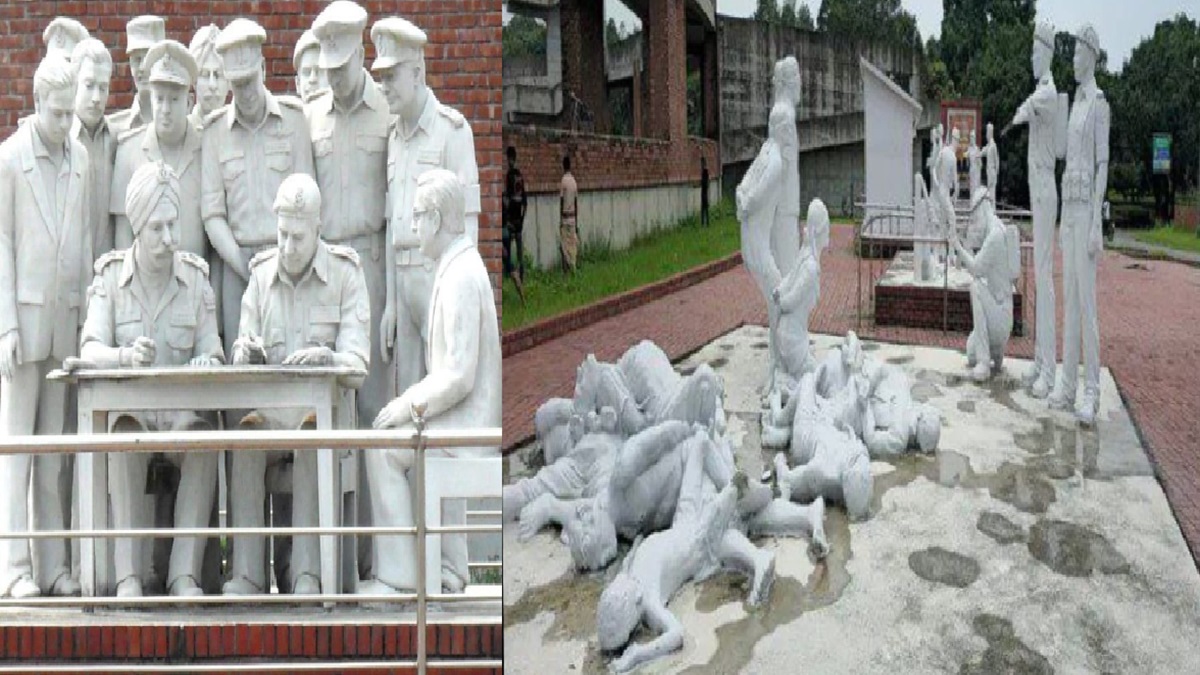As rumours swirl about Prime Minister Justin Trudeau contemplating resignation amidst political pressures and declining public support, his immigration policies are drawing increased scrutiny. Among these, the tightening of pathways for temporary workers to secure permanent residency has sparked widespread concern, particularly over its potential to cripple Canada’s healthcare system.
Trudeau’s government has made immigration a central policy area, but recent decisions reflect a shift towards reducing temporary residency numbers. Under his administration, the goal is to decrease the proportion of temporary residents in Canada from 7% of the population to 5% by 2026. This shift is being justified by rising housing costs and strains on public services such as healthcare. However, critics argue that these policies are creating severe challenges for essential sectors reliant on migrant workers, including caregivers who are vital to supporting Canada’s ageing population.
Since 2019, Canada’s Home Child Care Provider and Home Support Worker pilot programmes have enabled foreign caregivers to work in the country while pursuing permanent residency. These programmes, however, expired in June, and replacements have yet to be introduced. Immigration, Refugees and Citizenship Canada (IRCC) has cited a backlog of applications under the old programmes as the reason for the delay. While the government has promised details on new pathways in “the coming months,” the prolonged uncertainty has left thousands of workers in precarious positions.
Many caregivers, predominantly women, now face the prospect of losing their legal status or being forced to leave Canada. This comes at a time when demand for caregivers is higher than ever, with healthcare systems and families alike relying on their contributions. Canada’s ageing population has made caregiving a critical sector, yet delays and restrictions in immigration policies are threatening the stability of this workforce.
The impact of these policies is being acutely felt. A caregiver from the Philippines, who has worked in Canada since 2019, found her temporary work permit expired this year. With her application for permanent residency rejected under the previous scheme, she now risks deportation after exhausting temporary visa options. Another caregiver, a recent graduate of a personal support work programme, is similarly at risk of losing her status due to stricter immigration requirements.
These cases are not isolated. Between 2019 and 2023, the government received over 37,000 applications under the caregiver pilot programmes, yet fewer than 2,600 were approved. Processing delays, which average between 31 and 34 months for these schemes, have only compounded the uncertainty, leaving many workers in legal and professional limbo.
Critics have argued that these policies reflect a mismatch between Canada’s immigration goals and its labour market needs. Advocacy groups warn that such delays and restrictions will exacerbate labour shortages in critical areas like healthcare and elder care. Without adequate support from caregivers, families and healthcare services may face severe disruptions, further straining an already stretched system.
Trudeau’s broader immigration strategy, which has drawn both praise and criticism, is now under the spotlight as questions about his political future grow louder. While his government has championed ambitious immigration targets overall, the treatment of temporary workers, particularly in caregiving roles, highlights a growing disconnect between policy goals and on-the-ground realities.
For many caregivers, the delays and policy shifts represent more than just bureaucratic hurdles—they symbolise a lack of recognition for their contributions. These workers, who have helped raise children, care for the elderly, and support Canadian families, are now questioning whether the country they serve will offer them a secure future.
As Trudeau contemplates his legacy and political exit, his immigration policies risk leaving a profound impact, one that could shape the future of Canada’s healthcare system and its ability to care for its most vulnerable. Whether his government addresses these critical challenges in time remains to be seen, but the stakes have never been higher.




